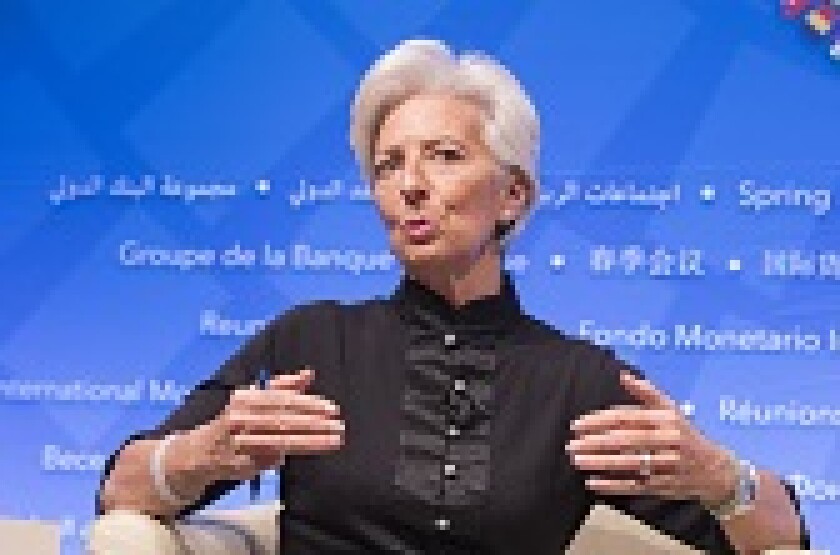The organisations – the IMF, World Bank, UN and OECD – announced on Tuesday that they would deliver 'toolkits' to developing countries to help them act against corporations which use profit shifting and transfer pricing between countries to lower their tax bills. Billions of dollars are denied to governments in developing countries every year due to "aggressive tax planning" by multinational companies, according to the UN.
Yesterday's announcement in Washington fortuitously coincided with the leak of 11.5 million "Panama Papers" two weeks ago, a treasure trove of Mossack Fonseca legal documents indicating tax aversion and possible tax evasion among owners of thousands of anonymous shell companies based in offshore havens.
In reality, however, the "new" IMF, World Bank, UN and OECD plans announced yesterday formalised many of the policies the four had been working on long before the media furor over the leaked Panama Papers. The first toolkit to assist developing countries was released in November 2015 and meetings between the four were happening prior to the G20 Finance ministers approving the Platform in February 2016.
Tax momentum
None-the-less, momentum and media pressure have combined to push international governing bodies, regulators and tax inspectors worldwide to do more to ferret out tax cheats. Among the many responses was yesterday's announcement about the "Platform for Collaboration on Tax", detailed in a Concept Note also released on Tuesday.
“Platform members will hold regular meetings with representatives of developing countries, regional tax organisations, banks and donors. Consultations with business and civil society will be organised as needed,” the group said in a statement yesterday. The IMF, World Bank, UN and OECD said they also plan to offer jointly-developed guidance, technical advice and information-sharing on operational and knowledge activities.
Developing countries "are the ones who lose out to the creativity and inventiveness of the multinationals," IMF Managing Director Christine Lagarde said at a meeting on Sunday.
"This effort comes at a time of great momentum around international tax issues," the four organisations said in yesterday's statement.
“An era of unprecedented international cooperation on tax matters is now underway, boosted by progress on exchange of information since 2009 led by the OECD and Global Forum on Transparency and Exchange of Information for Tax Purposes and, more recently the G20/OECD BEPS Project, with more inclusion of developing countries in making significant changes to the international rules,” the IMF said.










